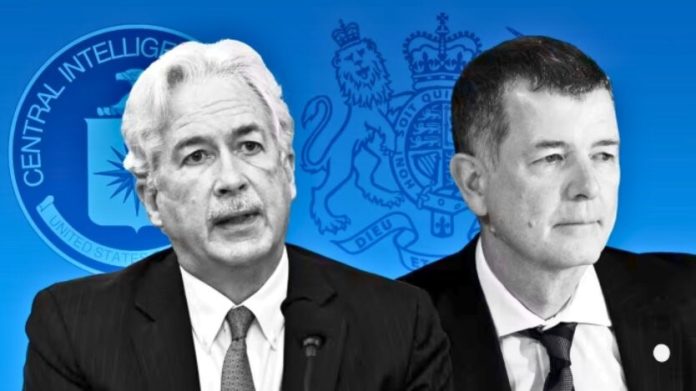Western intelligence services continue to focus on the split within the Russian elite and internal destabilization as a strategic instrument of influencing the Russian Federation. This was the main conclusion from the statements made at the FTweekend festival in London, where the head of British intelligence Mi-6 Richard Moore and CIA Bill Bill Burns were jointly performed.
Both intelligence agencies believe that the Kursk offensive operation of the Armed Forces "raised questions among the Russian elite" about the meaning of war and "what will lead to it."
At the same time, they both noted that there were no signs that Putin's power weakened now. “But it would be wrong to confuse the strong grip with a stable grip. Moreover, the Kursk offensive made a conflict with the property of ordinary Russians, ”the wall said.
At the same time, he stated that while "too early" to talk about how long Ukrainian troops will be able to control the Russian territory occupied by them.
Despite the threats to the West originating from Russia, as well as the risk of conflict in the Middle East, Burns, and Moore emphasized that the biggest problem for them is China's strengthening.
Burns stated that over the past three years, the amount of funds allocated by the CIA to China has tripled and has been 20 percent of the agency's budget, and that in the last year it has twice traveled to China for negotiations to "avoid unnecessary misunderstandings."
The Financial Times notes that this is the first case of the joint appearance of the heads of two departments in the public event in the history of their 77-year partnership for intelligence exchange.
Burns and Moore said that one of the goals of their joint speech is to emphasize the strength of the relationship between the United Kingdom and the US during unprecedented global risks.
"International world order has been threatened that we have not seen since the Cold War," Both intelligence executives write in their joint article published on Saturday in FT. Fighting this risk "is at the heart of our special relationships that can be relied on in the next century," they said


